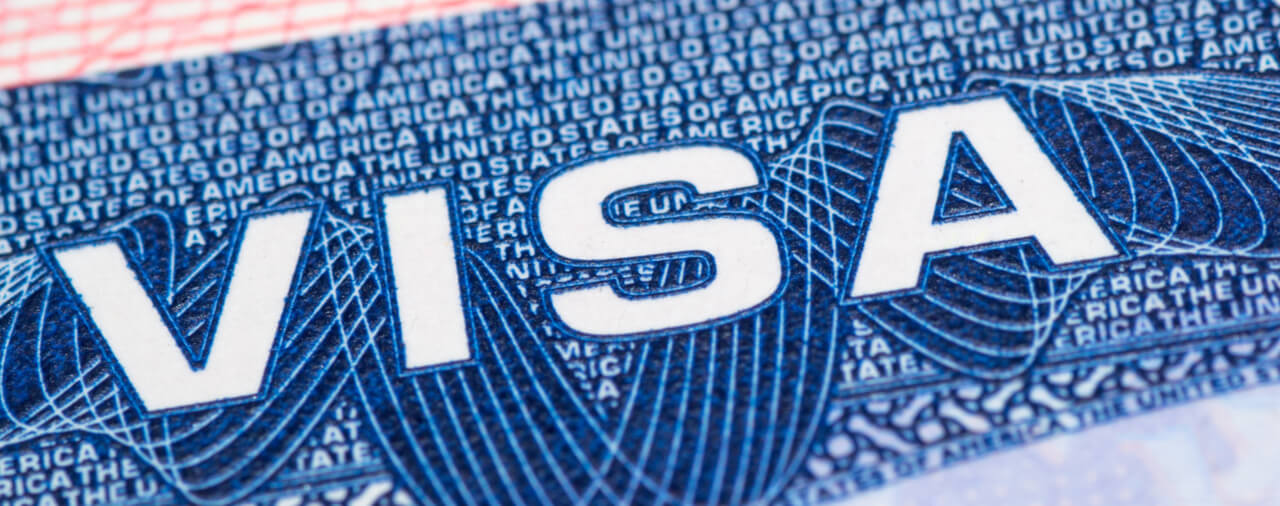EB5 Program Facing Expiration on September 30
On December 16 of last year, the was extended for nine months as part of the omnibus appropriations bill [see blog]. That extension lasts until September 30, 2016, and at the present moment, there are questions with regard to subsequent extensions for the EB5 immigrant investors program [see article].
As I discussed last year [see blog; and blog], there is significant debate in Congress about reforms for the EB5 program in both the Senate and the House.
In the Senate, Republican Senator Chuck Grassley of Iowa, who is Chairman of the Judiciary Committee, and Senator Patrick Leahy of Vermont, who is the ranking Democrat on the Judiciary Committee, are continuing their effort to have the EB5 program [see article] either be reformed or ended. The Hill explained in an article published on September 7, 2016, that Senators Grassley and Leahy are seeking reforms to stamp out fraud in the EB5 program [see article] and “direct more money toward poor and rural areas by redefining the guidelines for a [Targeted Employment Area]” [link].1 However, the article reports that other high-ranking Senators are seeking less dramatic reforms. The Senate Majority Whip, John Cornyn of Texas, along with the third-ranking Democrat, Senator Chuck Schumer of New York are joined by Senator Jeff Flake of Arizona in opposing the extent to which Senators Leahy and Grassley seek to change the rules regarding Targeted Employment Areas. Senator Flake has proposed a bill that seems to strike a compromise between the status quo and the proposal of Senators Leahy and Grassley by proposing new anti-fraud and security measures while proposing fewer changes to Targeted Employment Areas.
In the House, many of the proposals of Senators Grassley and Leahy have been taken up in a proposal on new laws for the EB5 program [see article] authored by the Chairman of the House Judiciary Committee, Republican Representative Bob Goodlatte of Virginia's Sixth Congressional District [PDF version]. The proposal is lengthy and contains a multitude of changes to the requirements for EB5 status. Many of the changes are related to increasing oversight. One change of particular note is that the legislation would raise the minimum investment amount from $500,000 to $800,000 for investments in Targeted Employment Areas, and from $1,000,000 to $1,200,000 for investments in other areas. Under the proposal, the higher minimum investment threshold would apply to those who filed applications on or after June 1, 2015. Unsurprisingly, the Real Deal reports that this proposal is a concern for many who have filed applications in the past 15 months, and it may cause some to back out of their investments if it becomes law [link].2 Additionally, the new legislation would restrict the definition of a Targeted Employment Area by preventing applicants from combining census tracts, a change that would have the potential to significantly restrict EB5 investments in large cities, such as New York City. Unsurprisingly, Representative Goodlatte's proposal received praise from Senator Grassley, who stated that the “bipartisan bill introduced [by Representative Goodlatte] represents good progress and reflects a proposal I developed … last year.”3
Congress is currently working to pass a short-term spending bill to fund the government through December 9, 2016. Although, as we have noted, many high-ranking members of Congress have taken a strong interest in the EB5 debate, it is still a relatively small issue in the grander scheme of funding the functions of the federal government, and it thus may not be a high priority in composing the final legislation. The Hill reports that Senator Cornyn stated on September 12 that the short-term funding bill will include an extension of the EB5 program [see article].4 This position is contrary to the preference of Senators Leahy and Grassley, who have taken the position that, if the program is not reformed, it should be allowed to expire on September 30 [PDF version]. In September of 2015, we saw a similar situation where Senators Leahy and Grassley led an effort to reform the EB5 program [see article], but it was simply extended in advance of the September 30 deadline until December [see blog], when it was ultimately extended for the remainder of the fiscal year as part of the larger bill to fund the government. Despite the House proposal, it seems quite possible that we will similarly see the EB5 program [see article] extended as is until December 9, allowing for further debate on changes to the program. However, this outcome is certainly not guaranteed, and it will bear watching over the next two weeks to see how Congress address the issue.
Going forward, it is especially difficult to predict how Congress will handle its affairs given the ongoing election. For example, if the EB5 issue is put off for a later date in advance of the September 30 deadline, Congress will likely next address it after the November elections, at which point we will know the President-elect, the party that will control the Senate and House in 2017, and the members of Congress who will not be returning. However, the fact that many high-profile legislators have taken an interest in the EB5 program [see article] means that it will likely remain on the table for debate, for better or for worse depending on one's position. As someone who represents EB5 petitioners and visa-holders, I hope that Congress will reach a sensible long-term solution regarding the EB5 program [see article] that increases oversight, ensures that the EB5 program meets its goals of encouraging valuable investment into the United States, and provides certainty to all of us who are involved with the EB5 program.
The EB5 program [see article] is not the only program slated to expire on September 30. The Conrad 30 Waiver program [see article] and the Special Immigrant Non-Minister Religious Worker Programs will also need to be renewed. Fortunately, these programs are less controversial than the EB5 program [see article], and they likely have good prospects for renewal. Please see my short blog post on an interesting article regarding the renewal of the Conrad 30 Waiver program [see blog].
As I explained in my post on the same issue for 2015, even if any of these programs were to expire, people who are already in status in these programs would be unlikely to lose status. Furthermore, those with petitions that are currently being adjudicated before the expiration date would likely be grandfathered in.
Persons who are on status in any of the three programs facing expiration or who have pending petitions should consult with an experienced immigration attorney for any necessary guidance. This is especially important in the case of those who are on or who are seeking EB5 status in light of the amount of planning involved in EB5 petitions and projects and the tremendous short- and long-term uncertainty regarding the program.
______________________
- Lane, Sylvan, “Deadlock threatens foreign investor visas,” thehill.com, (Sep. 7, 2016)
- Clarke, Katherine, “If Passed as is, new EB-5 bill could see RE deals crumble,” therealdeal.com, (Sep. 12, 2016)
- Vermont Business Magazine, “Leahy welcomes bipartisan House bill to reform EB-5 Program,” vermontbiz.com, (Sep. 13, 2016)
- Carney, Jordain, “Cornyn: Spending bill will include foreign investor visa program,” thehill.com, (Sep. 12, 2016)

- Alexander J. Segal's blog
- Log in to post comments
